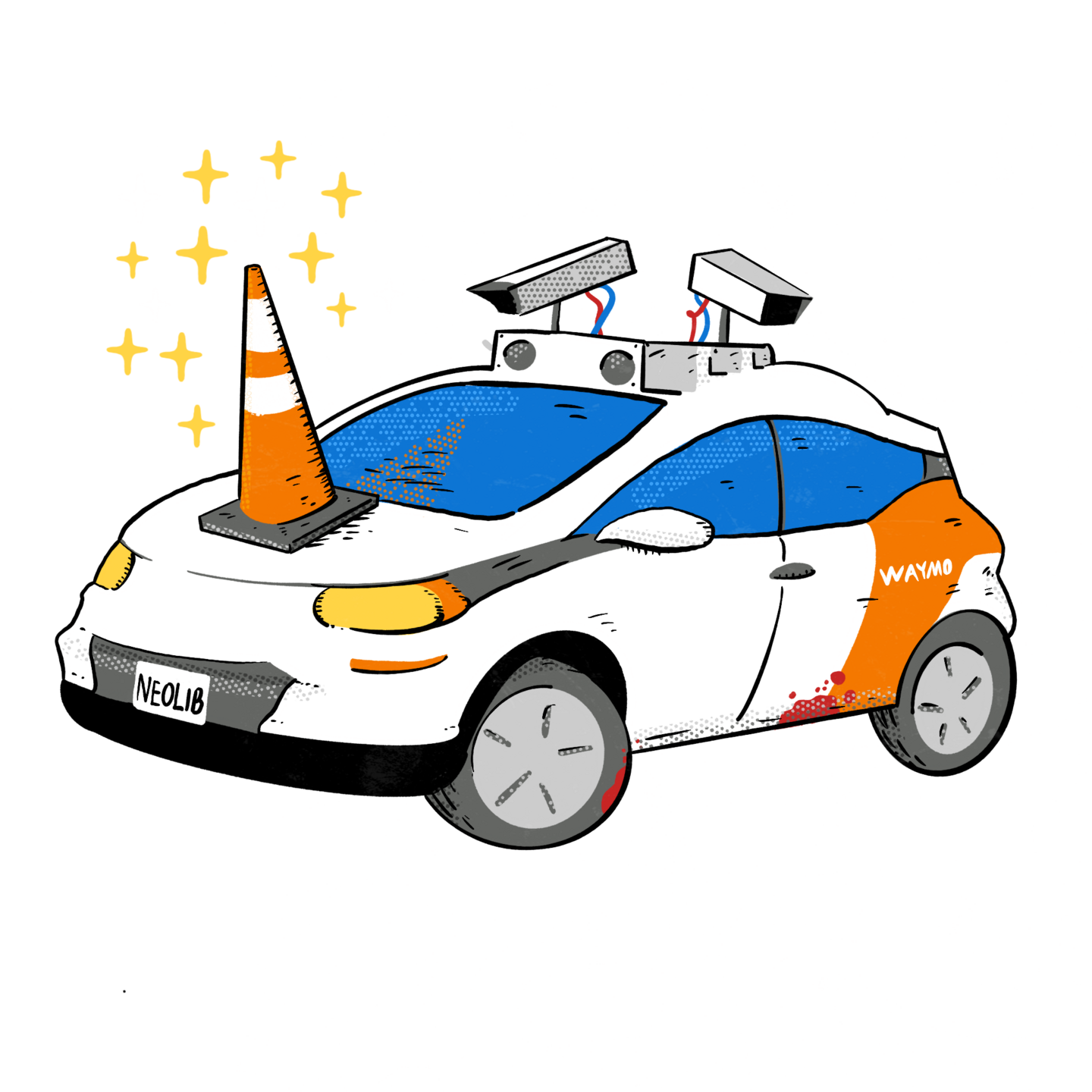
SF Chronicle – Gavin Newsom vetoes California bill requiring speed governors in new cars
Editors Note: Gavin Newsom is, and has always been, a steaming pile of crap.
See original article by Molly Burke at SF Chronicle
Gov. Gavin Newsom vetoed a bill Saturday that would have required speed monitors in new cars built or sold in California to alert drivers when they go 10 miles per hour or more over the speed limit.
The bill, authored by state Sen. Scott Wiener, D–San Francisco, faced Republican pushback that claimed it would impose an “extreme burden” on the majority of those on the road who are responsible drivers.
In his veto message, Newsom said he did not want to impose vehicle safety standards in California beyond what the federal government requires.
The National Highway Traffic Safety Administration is “actively evaluating intelligent speed assistance systems, and imposing state-level mandates at this time risks disrupting these ongoing federal assessments,” he wrote.
The legislation would have required that all new cars beginning in 2030 have speed monitors that would use a sound or visual alert once each time the threshold was passed.
Road safety advocates said the veto amounted to a failure to protect pedestrians and others from traffic accidents.
Marta Lindsey, communications director for Walk San Francisco, a nonprofit that advocates for safety policies for pedestrians, said signing the bill was the “right thing to do.”
“Driver assistance is helping us in all kinds of ways. Now, why would we not have it assist us on this?” Lindsey said. “And the technology exists. It works. Europe is using this. It’s required in all vehicles. It’s just so common sense, like seat belts and rear cameras and airbags. This is just the next thing.”
Wiener criticized the governor’s veto and said he missed an opportunity to save lives.
“Today’s veto is a setback for street safety at a time Californians are feeling extremely unsafe,” Wiener wrote in a statement. “California should have led on this crisis as Wisconsin did in passing the first seatbelt mandate in 1961. Instead, this veto resigns Californians to a completely unnecessary risk of fatality.”
The bill received significant support from groups involved in transportation and vehicle safety, including from Jennifer Homendy, the chair of the National Transportation Safety Board. Homendy sent a letter to Newsom urging him to sign the law because the technology would “save lives.”
Homendy also said that the board had recommended the requirement of passive speed monitors to the National Highway Traffic Safety Administration, which has not acted on the request.
The American Automobile Association representing both Northern and Southern California expressed support for the legislation prior to its passage.
“This is an important tool in helping adjust driving behaviors,” the group said in a letter. AAA cited data from the Foundation for Traffic Safety’s 2022 Annual Traffic Safety Culture Index that said “there’s often a disconnect between what drivers perceive as dangerous versus their actions behind the wheel.”
Other proponents of the bill agree. Many speeding drivers, they claim, just don’t realize how fast they are going and a “beep” from their car could alert them to how much over the speed limit they are driving.
Republican lawmakers had pushed Newsom to veto the law, claiming that the speed monitors — referred to as passive intelligent speed assistance systems — would be an “extreme burden” to the majority of drivers who are responsible while on the roads.
State Sen. Roger Niello, R-Fair Oaks, who signed onto a letter urging Newsom to reject the measure, claimed that most traffic accidents and problems are attributable to a small group of reckless drivers.
“It’s not just speeding, although speeding is part of it,” Niello said. “It is reckless driving, including very fast lane changes, excessive tailgating. I am seeing this all the time.”
Niello said that he believes that the nuisance of the speed monitor and any increased costs associated with the installation of the required system are unreasonable.
The lawmaker instead said more effort should be put toward filling open positions with the California Highway Patrol and pushing for more traffic enforcement.
When the legislation was first introduced, it called for the requirement of active speed governors that would prevent cars from exceeding the speed limit by more than 10 mph. The bill was amended after pushback to require only a notification to drivers exceeding the limit.
Mothers Against Drunk Driving and Vision Zero, an organization aimed at eliminating pedestrian traffic deaths, both expressed support for the bill in memos to lawmakers, calling the speed monitors “common-sense, needed safety requirements.”
San Francisco Mayor London Breed had also urged Newsom to sign the bill, pointing to the city’s unsuccessful promise a decade ago to eliminate all traffic deaths by 2024.
“We have worked tirelessly to reduce traffic deaths on our streets, and we know that we have saved lives with the safety improvements,” Breed said.
But the mayor said that road-level changes were not enough and state leadership on reducing speeding would be key to reducing fatalities.
“San Francisco has dynamic, busy streets, and people drive more carefully when they drive at safe speeds,” Breed said.
Proponents of the bill pointed to recent pedestrian deaths on Lombard Street as a reminder of why the legislation is important.
“How many people will have to die before this technology is implemented?” Lindsey said. “We already know. We already have the evidence. We have the solution. What are we waiting for?”
See original article by Molly Burke at SF Chronicle
